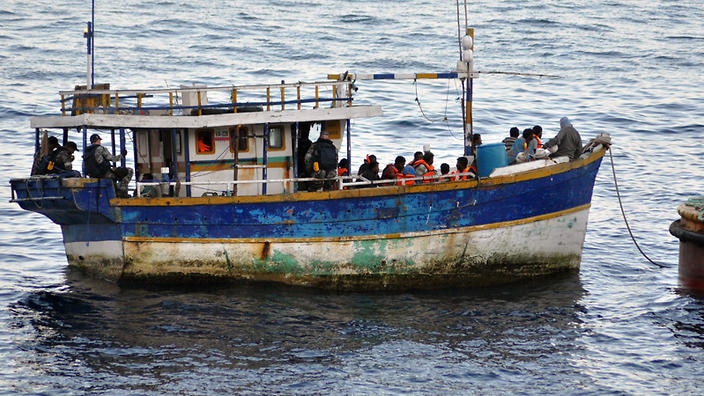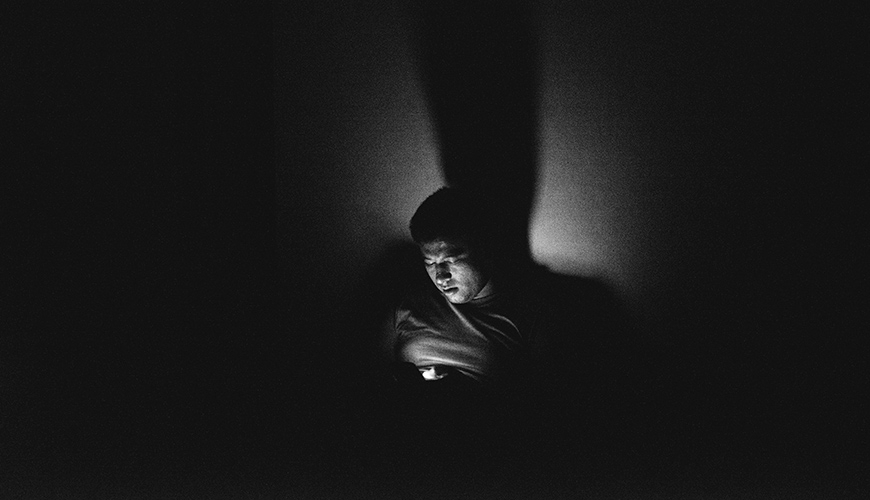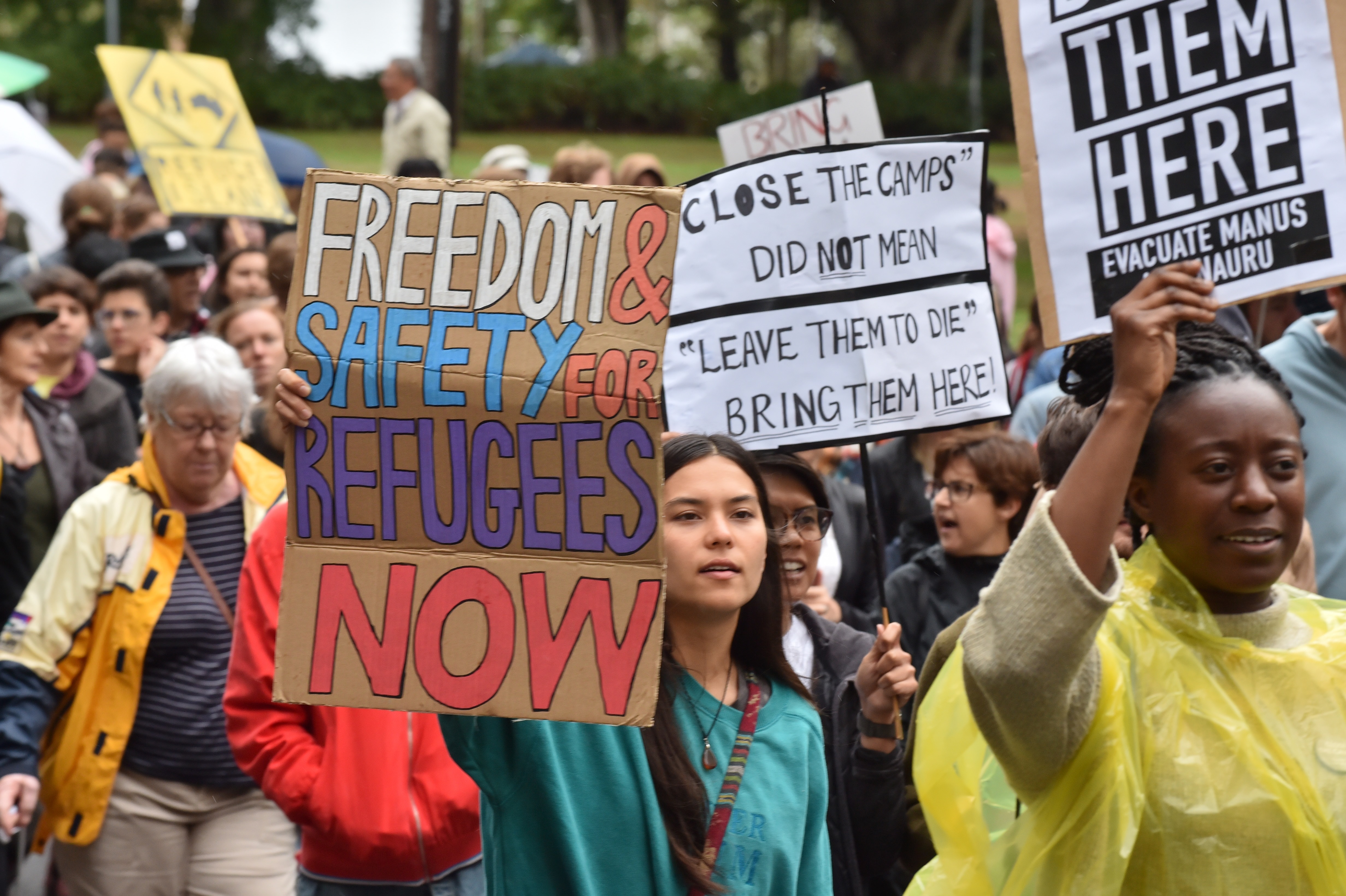Asylum seeker advocates are urging the government to restore access to income support to thousands of people who came to Australia by boat before 2014.
Reversing eligibility changes for financial support is one of 31 recommendations made by the Human Rights Commission in a report released on Wednesday.
The commission found many of the 30,000 people who arrived in Australia by boat before 2014, often referred to as the “legacy caseload”, are at risk of homelessness and poverty.
“They often can’t afford medicines, many of them don’t have jobs and don’t have adequate support to allow them to just provide for their basic needs,” Human Rights Commissioner Edward Santow said. While the report noted granting bridging visa holders the right to work was a positive development, accompanying changes to eligibility for income support had left many asylum seekers, including families with children, with no source of income.
While the report noted granting bridging visa holders the right to work was a positive development, accompanying changes to eligibility for income support had left many asylum seekers, including families with children, with no source of income.

Of the more than 50,000 people who arrived by boat before 2014, 30,000 remain on temporary visas in Australia. Source: AAP
Asylum Seekers Centre CEO Frances Rush said this had pushed many people into poverty and increased demand on their services.
“People need to have access to a minimal income whilst they wait.
“They’re not afforded the same legal rights as people who come by plane and they’re really in effect discriminated against by the mode of arrival.” Since May last year, hundreds of asylum seekers have stopped receiving the payments worth 89 per cent of Newstart payments.
Since May last year, hundreds of asylum seekers have stopped receiving the payments worth 89 per cent of Newstart payments.

Even those in the legacy caseload who have been found to be refugees are not eligible for permanent residency. Source: Barat Ali Batoor
Combined with ongoing uncertainty about their future, with people waiting up to seven years for their case to be determined, she said many people had lost hope.
“Since 2017, we have seen around 14 single men from Iran and Sri Lanka, who are part of the legacy caseload, attempt suicide.
“I think what you’re going to see is further self harm. We’re seeing an increase as we speak in terms of people being unable to live with such uncertainty.”
In response to the Human Rights Commission’s report, the Department of Home Affairs said the Status Resolution Support Services program was not a welfare program.
“Individuals on a Bridging Visa with work rights are expected to work to support themselves and their families.”
About 6,000 people in the legacy caseload have had their claims rejected, but remain in Australia while they challenge the decision in the Federal Court, a process that could take months or years.
The department rejected a recommendation to provide them access to the program while they wait for a final decision from the courts.
“It is government policy that individuals who are found not to engage Australia’s protection obligations are expected to depart Australia,” the department’s response stated.
Asylum seekers living in cars
Hussaini* is living in Sydney on a bridging visa after fleeing Afghanistan nine years ago.
“Every moment was dangerous, every moment was scary," the Hazara asylum seeker told SBS News. "When I went to Australia that was my hope because I’m coming to a good opportunity in a free country.”
Since arriving in Australia by boat in 2012, that hope has gradually faded. His application for permanent protection was rejected and is now before the courts.
“Every day I lose hope and become more hopeless.”
He says severe mental health problems have made it difficult for him to work.
With no other income, he struggles to pay rent and was forced to live in his car for two weeks earlier this year. He hasn’t seen his wife and teenage son, who remain in Afghanistan, for nine years.
He hasn’t seen his wife and teenage son, who remain in Afghanistan, for nine years.

Advocates hope the Human Rights Commission will raise awareness about asylum seekers in the so-called legacy caseload. Source: Getty
“I can’t help my family, what can I do?
“When I go to the park I see everybody with children with a beautiful and safe life. They are smiling, they are laughing. That is beautiful, but when I think of my life, my child and my wife, it’s very hard. Nine years is not easy.”
The Jesuit Refugee Service, which serves more than 3,000 women, men and children a year, praised the Human Rights Commission report for highlighting the distress of people in the so-called legacy caseload.
JRS Australia Director Carolina Gottardo said their struggles for safety and dignity have not been well understood or heard as their basic right have been ignored.
“Instead we have serious delays in decision-making, families living in destitution and poverty, and an ongoing crisis of suicidality.”
*Names have been changed
Readers seeking support and information about self harm and suicide can contact Lifeline 24 hours a day online and on 13 11 14. Other services include the Suicide Call Back Service on 1300 659 467, Beyond Blue and Kids Helpline (for people aged five to 25) on 1800 55 1800. More information about mental health is available at Beyond Blue.


